Stating that they have received the latest document sent by the US to advance the negotiations and that the evaluation process is ongoing, von der Leyen stated, "Our message is clear: We are ready for an agreement. But we must also be prepared in case a satisfactory agreement is not reached." Noting that they held consultations with European leaders on the list of products on the agenda to balance trade relations with the US, von der Leyen added: "We will defend European interests as necessary. All options are on the table."
The President of the European Commission also stressed that alternative models are being explored to address the flaws in the current functioning of the World Trade Organization (WTO) and that free trade agreements should be extended globally in a rules-based manner. In this context, the Comprehensive and Progressive Agreement for Trans-Pacific Partnership (CPTPP) is one of the most attractive options for the EU. Von der Leyen emphasized the need for a new, more effective international trade mechanism to avoid repeating the mistakes of the WTO.
Antonio Costa, President of the European Council, stated that an agreement with the US on tariffs is much more advantageous than no agreement. "Zero tariffs are always better than high tariffs. The worst thing for our economy is uncertainty. We have to provide clarity for our investors, employees and companies as soon as possible."
On the other hand, US President Donald Trump imposed tariffs of 50% on steel and aluminum imported from the EU and 25% on automotive products in his first term in office. Stating that there was no progress in trade talks with the EU, Trump directly proposed the imposition of a 50% tariff, and after this statement, a phone call was held with von der Leyen. Following the meeting, the US postponed the imposition of tariffs until July 9th to make room for negotiations.
At this stage, negotiations between EU and US officials on a tariff agreement are ongoing. The Commission represents EU countries on trade issues and the future of bilateral trade relations will depend on the outcome of these negotiations.


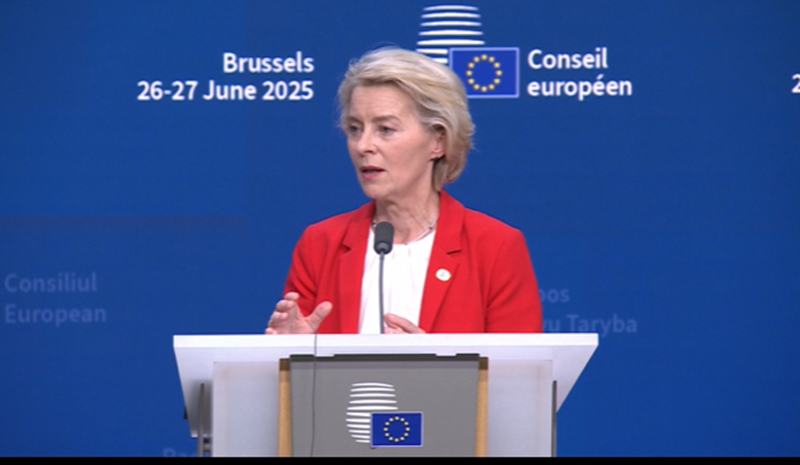

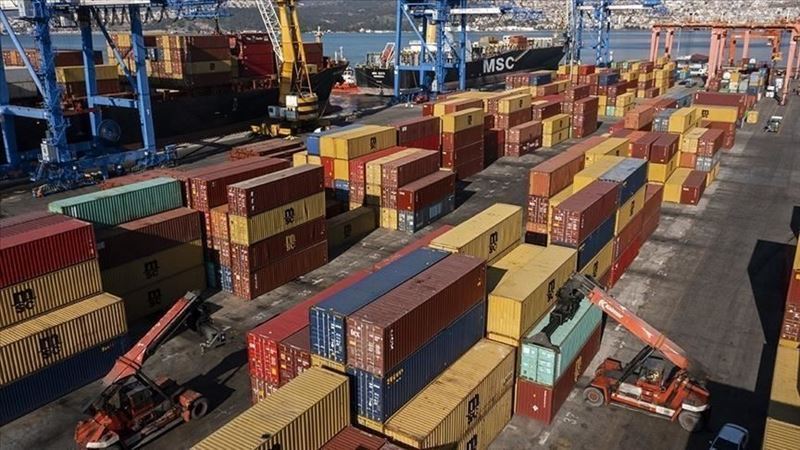
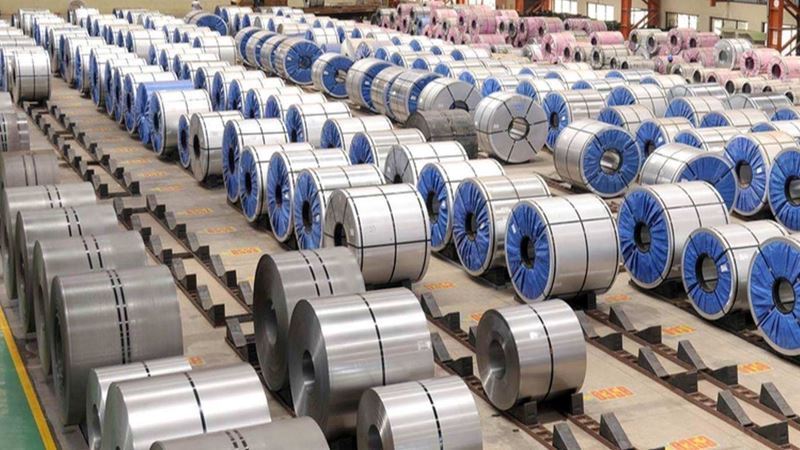

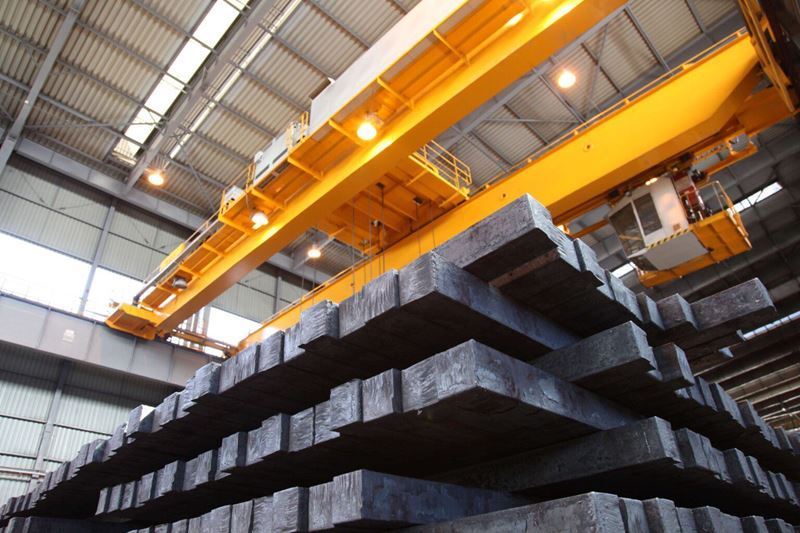
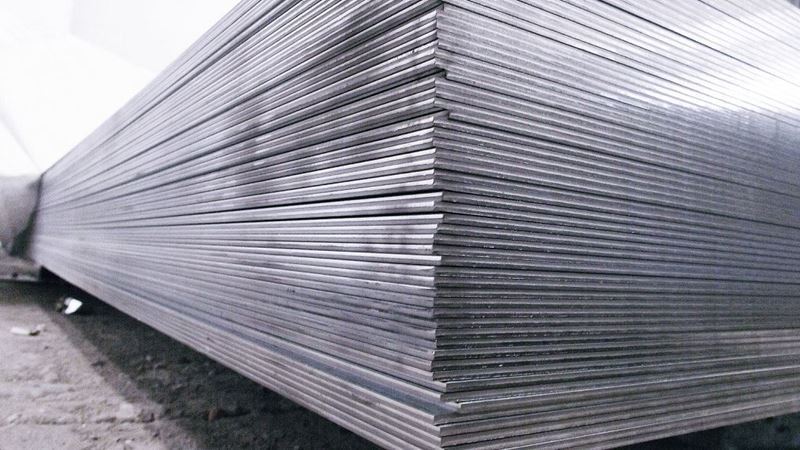


Comments
No comment yet.